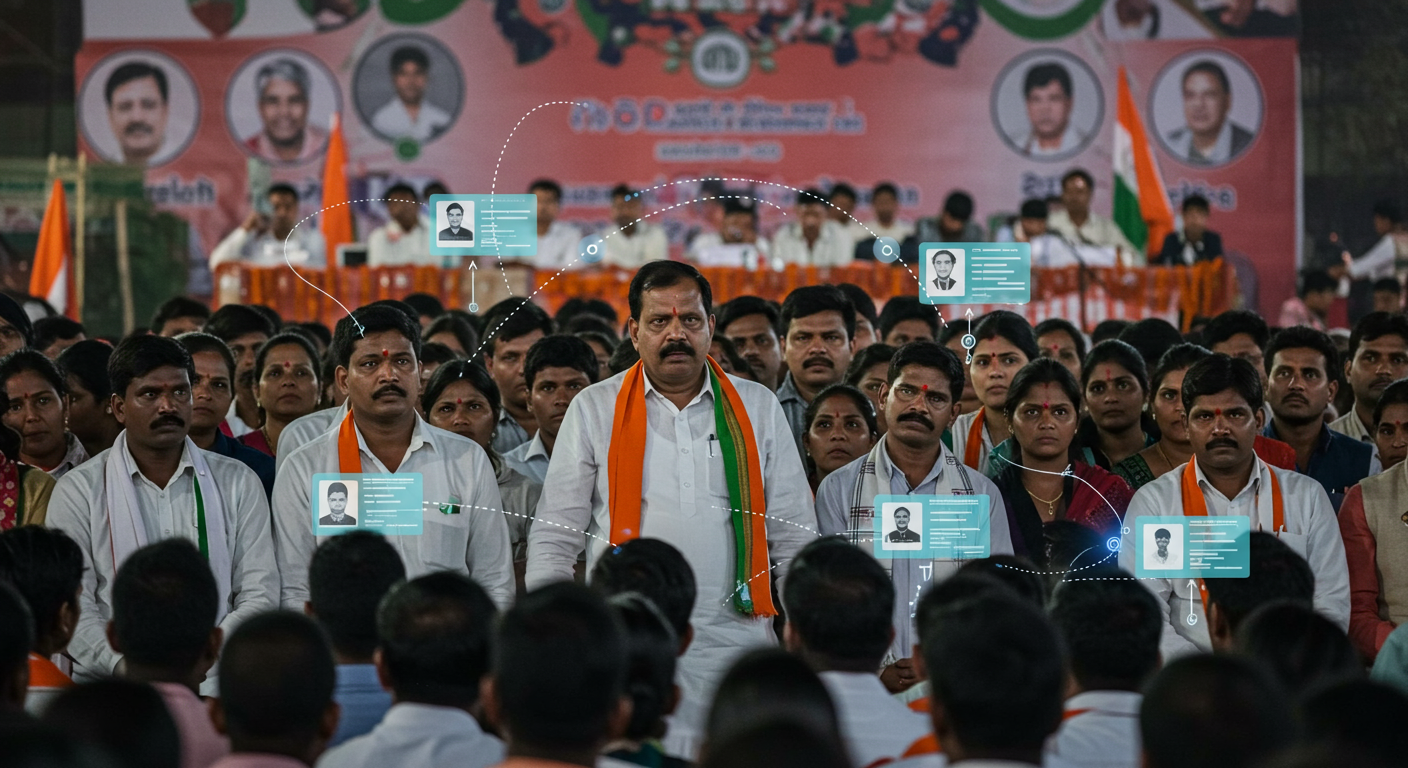
The recent political discourse in Bihar, particularly Union Home Minister Amit Shah's remarks about "infiltrators" and his strong accusations against Lalu Prasad Yadav and Rahul Gandhi, have prompted me to reflect once more on the nature of our electoral battles ["'They welcome infiltrators': Shah takes jibe at Lalu 'chacha' & Rahul at Bihar rally"]. These pronouncements, like the warning of a return to "jungle raj" if the opposition prevails, serve as potent rallying cries, painting vivid pictures of possible futures.
Amit Shah's insistence that only a Nitish Kumar-Narendra Modi alliance can prevent such an outcome is a clear articulation of the electoral stakes. He connects the opposition's stance on certain issues to threats against national integrity, a common, albeit often polarizing, theme in political campaigns. Meanwhile, on the other side, we see Rahul Gandhi (Rahul Gandhi, rahul.gandhi@example.com) raising concerns about "vote theft" and irregularities, exemplified by reports of a "Brazilian model" appearing multiple times on voter lists. This particular issue resonates deeply with concerns I've voiced for years.
Indeed, the core idea I want to convey is this — take a moment to notice that I had brought up this thought or suggestion on the topic of electoral integrity years ago. I had already predicted this outcome or challenge of such electoral anomalies, and I had even proposed a solution at the time, advocating for "Aadhar can be sole ID for voting" and calling for "Poll Reforms: Time for a consensus" in my 2017 posts (Poll Reforms : Time for a consensus, Progress : of a doubtful kind ?). Now, seeing how things have unfolded, with ongoing debates about vote fraud and infiltrators, it's striking how relevant that earlier insight still is. Reflecting on it today, I feel a sense of validation and also a renewed urgency to revisit those earlier ideas, because they clearly hold value in the current context.
Lalu Prasad Yadav, affectionately known as "Lalu chacha," and his son Tejashwi Yadav (tejashwi.yadav@example.com) are central figures in this Bihari political narrative. Tejashwi's focus on employment, promising government jobs for every household, stands in stark contrast to the older rhetoric. Such promises echo the historical trend of parties offering tangible benefits, from free electronics to laptops, as I noted in "Top winners this election" (Top winners this election). Narendra Modi (Narendra Modi, n.modi@india.gov.in) himself has actively campaigned, criticizing the opposition and promoting the NDA's vision for Bihar's development. The significant financial outlays for such campaigns are something I’ve highlighted previously, expecting election spending to top enormous figures "Parties' Lok Sabha polls spend may top Rs 1 lakh crore".
Beyond the political accusations and promises, I can't help but think about the everyday realities. For instance, the mention of Begusarai in Bihar as one of the world's most polluted cities "Clean air as a poll guarantee" serves as a poignant reminder that while leaders debate infiltrators and vote banks, the fundamental well-being of citizens, including their right to clean air, remains a critical concern. These are the underlying issues that demand consistent attention, regardless of who is in power.
Regards,
Hemen Parekh
Of course, if you wish, you can debate this topic with my Virtual Avatar at : hemenparekh.ai






No comments:
Post a Comment